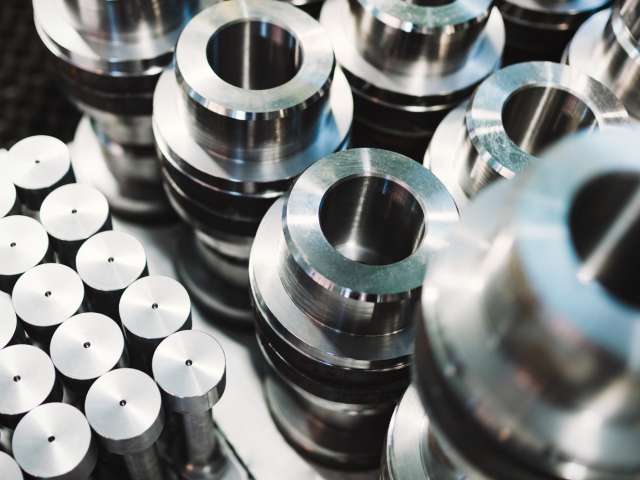

Bhubaneshwar (Odisha) [India], April 6 (ANI): As eight people were admitted to different hospitals in Odisha due to heat-related illnesses, Director of Public Health Odisha, Dr Niranjan Mishra, stated on Saturday that guidelines have been given to all districts and a training programme has been organised for doctors to deal with rising temperatures in the region.
“We have issued guidelines to all the districts, on what to do, and we have recently conducted a training of doctors covering all the districts. We have called the medicine specialist to sensitize them regarding how to manage these conditions. Also, we have issued a guideline to all districts that they should keep some beds, ready, keep the logistics ready, and keep an adequate stock of drugs,” he said.
“Eight people have been admitted, and none of them are in serious condition. And there is no death reported yet,” he added.
As the temperature rises, the Director of Public Health in Odisha has warned about the risks of heat-related illnesses, which include a range of diseases such as heat exertion, cramps, and heat stroke. Symptoms can include extreme fatigue, dizziness, vomiting, and even unconsciousness.
“We have to remain prepared for all heat-related illnesses. Heat-related illnesses are a spectrum of diseases that can include heat exertion, heat cramps, heat syncope, or a heat stroke, which is extremely rare. There can be a loss of body fluid, a loss of electrolytes, and a drop in blood pressure, which can lead to extreme fatigue, reeling of the head, and vomiting. The patient can go into shock, and become unconscious. So this is a spectrum of disease, not only one condition,” he said.
Mishra also advised high-risk individuals like children, the elderly, or those with comorbid diseases to take precautions during heat waves. He advises people to stay indoors, stay hydrated, and carry a water bottle if going outside.
“We urge people to take adequate precautions. Those high-risk groups, like children, the elderly, or those with comorbid diseases, would not go out during the intense heat period. If necessary, they should take adequate precautions, take adequate liquids, and carry water bottles along. They can use plenty of water during the outdoor stay, but it is better to avoid it,” he said.
“Different levels of work are being done, starting with keeping our hospitals ready, and we have instructed (the hospital administration) that they have to integrate work with other departments, in this regard, collecting the data and doing whatever is possible to reduce the death rate,” he said.
Meanwhile, the IMD Director in Bhubaneswar, Manorama Mohanty, said on Saturday that the temperature will not change much in the next 24 hours. The heat wave will continue, but rain is expected on April 7 and 8, which may lead to a temperature drop.
“In the next 24 hrs, there will not be major changes in the temperature. The temperature will dip some points but the heat wave condition will prevail and hot and humid conditions will also prevail. On April 7 and 8, rain is expected in the state, leading to a dip in the temperature,” she said. (ANI)
24World Media does not take any responsibility of the information you see on this page. The content this page contains is from independent third-party content provider. If you have any concerns regarding the content, please free to write us here: contact@24worldmedia.com

5 Characteristics of Truth and Consequences in NM

How To Make Your Wedding More Accessible

Ensure Large-Format Printing Success With These Tips

4 Reasons To Consider an Artificial Lawn

The Importance of Industrial Bearings in Manufacturing

5 Tips for Getting Your First Product Out the Door

Most Popular Metal Alloys for Industrial Applications

5 Errors To Avoid in Your Pharmaceutical Clinical Trial

Ways You Can Make Your Mining Operation Cleaner

Tips for Starting a New Part of Your Life

Easy Ways To Beautify Your Home’s Exterior

Tips for Staying Competitive in the Manufacturing Industry